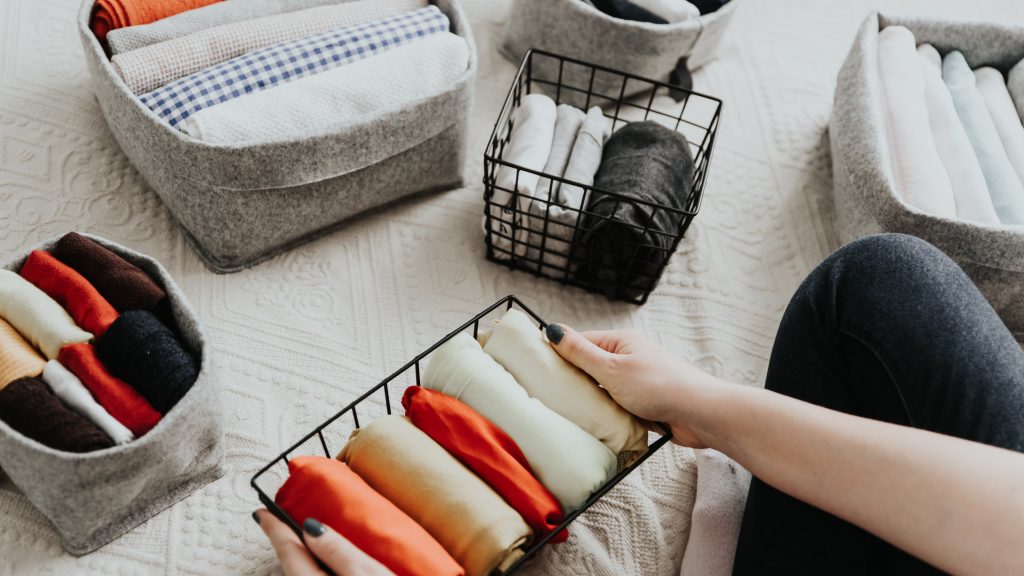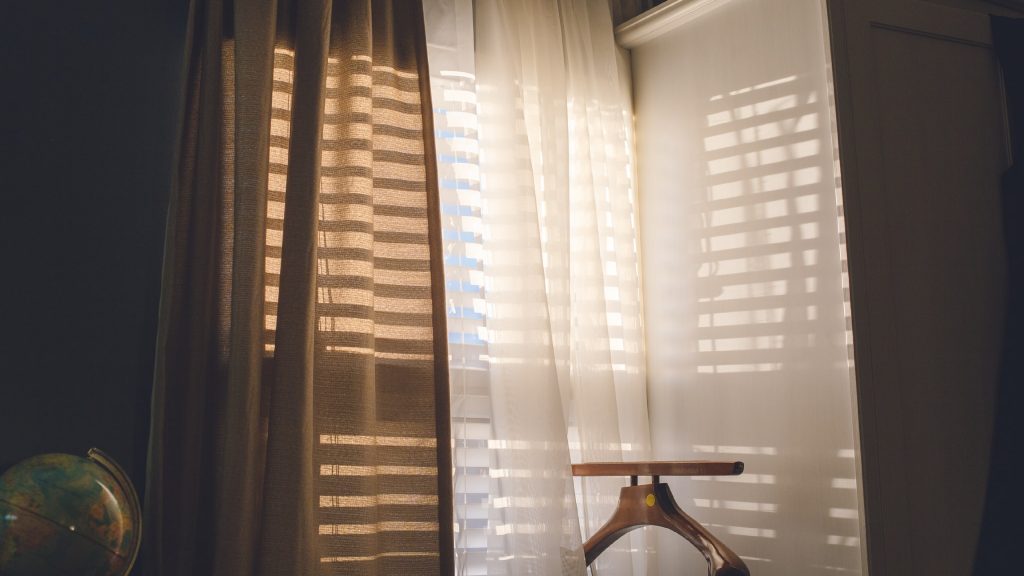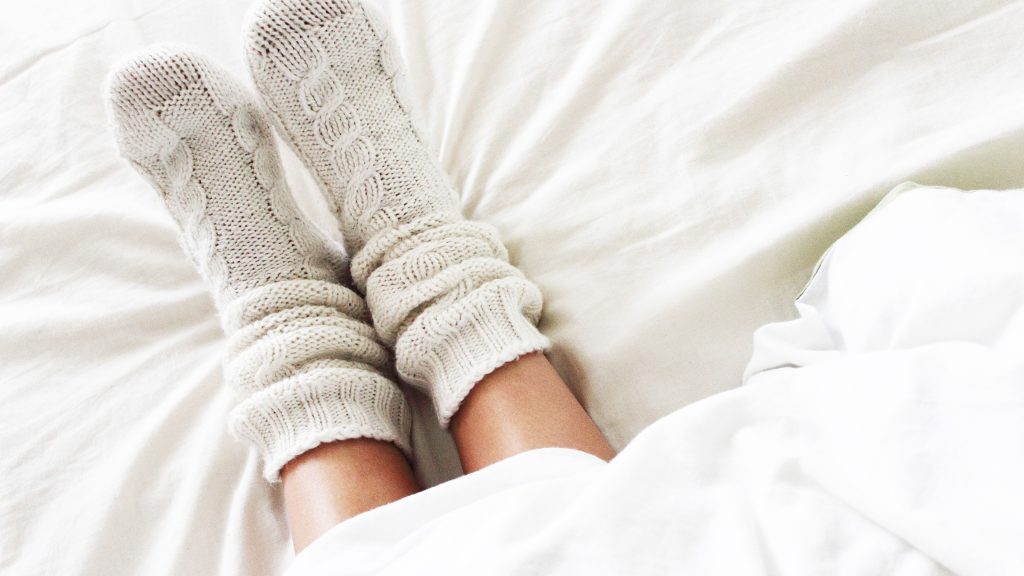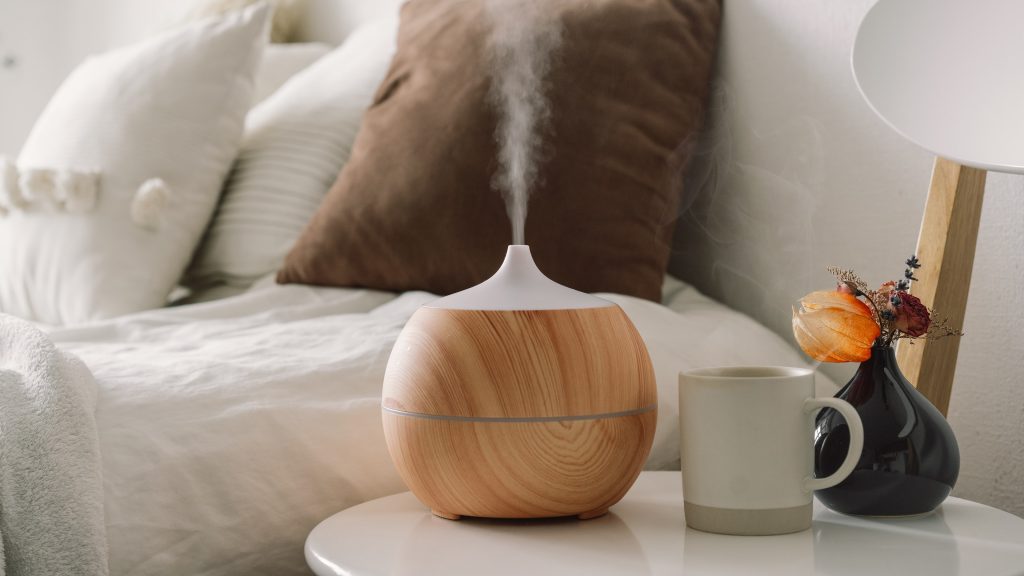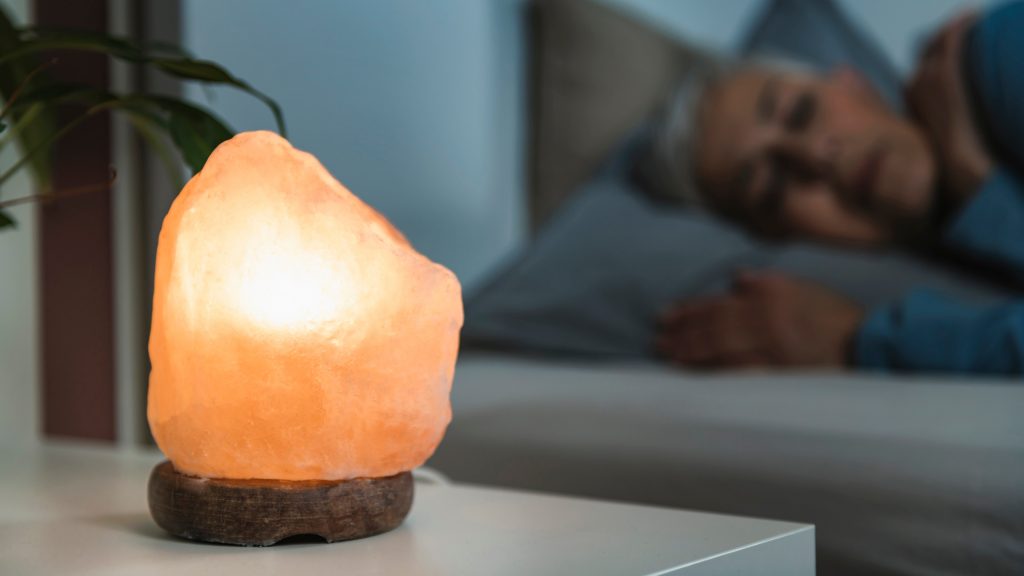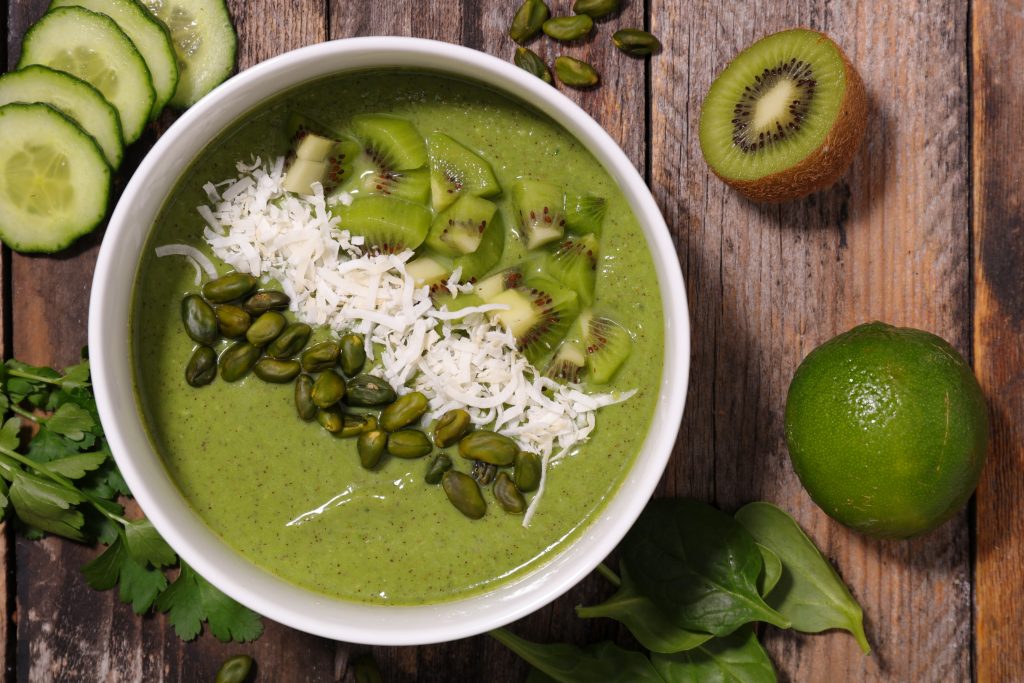
Did you know that certain foods can help keep your immune system strong?
If you're looking for ways to prevent colds, flu and other infections, your first step should be a visit to your local grocery store. Plan your meals and include these 10 powerful allies in boosting your immune system.
Variety is the key to good nutrition. Eating just one of these foods won't be enough to help fight the flu or other infections, even if you eat it all the time. Pay attention to portions and recommended daily intake so you don't get too much of one vitamin and too little of another.
An important reminder
No food supplement can cure or prevent diseases.
With the COVID-19 pandemic, it is especially important to know that no supplement, diet, or other lifestyle modification other than social distancing and good hygiene practices can protect you from COVID-19.
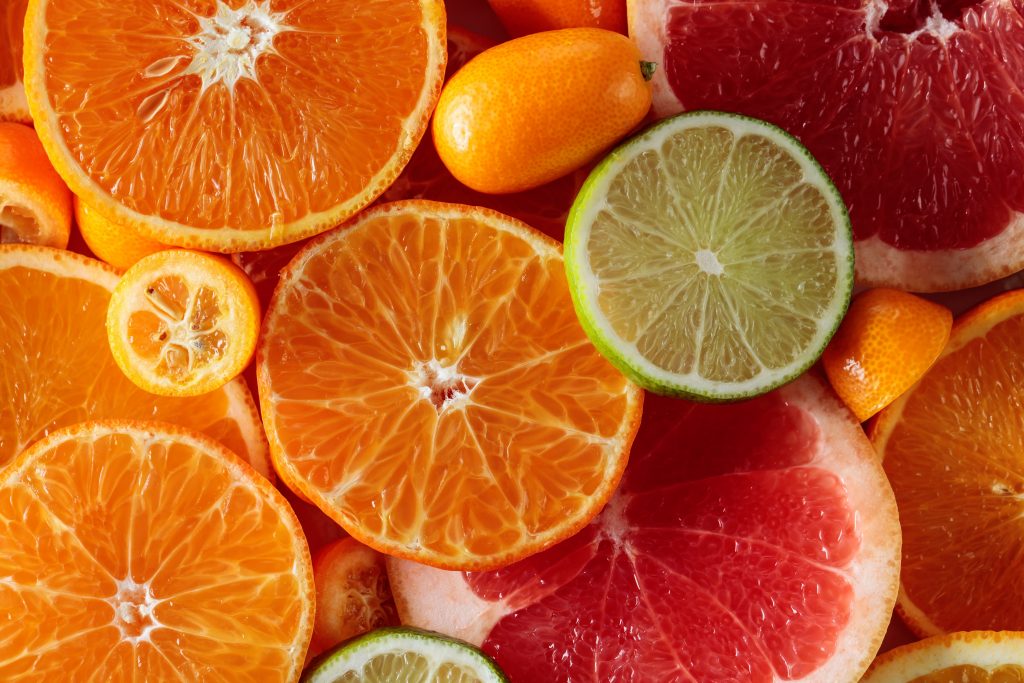
1. Citrus fruits
Most people turn straight to vitamin C as soon as they feel the first symptoms of a cold. And this is because it is known to everyone that it helps to strengthen your immune system.
Vitamin C is thought to increase the production of white blood cells, which are key in fighting against infections.
Almost all citrus fruits are high in vitamin C.
Popular citrus fruits include:
• oranges
• grapefruit
• clementines
• tangerines
• lemons
• lime
Because your body does not produce or store it, you need vitamin C daily for continued health. The recommended daily amount for most adults is:
• 75 mg for women
• 90 mg for men
If you choose to supplement, avoid taking more than 2,000(mg) per day.
Also keep in mind that while vitamin C can help you recover from a cold faster, there is no evidence yet that it is effective against the new coronavirus, SARS-CoV-2.

2. Red peppers
If you think citrus fruits have the most vitamin C of any fruit or vegetable, think again. Red peppers contain almost 3 times more vitamin C (127 mg) than oranges (45 mg). It is also a rich source of beta carotene.
In addition to boosting your immune system, vitamin C can help you maintain healthy skin. Beta carotene, which your body converts to vitamin A, helps keep your eyes and skin healthy.

3. Broccoli
Broccoli is overloaded with vitamins and minerals. Containing vitamins A, C and E, as well as fiber and many other antioxidants, broccoli is one of the healthiest vegetables you can put on your plate.
The key to preserving its ingredients is to cook it as little as possible – or better yet, not at all. Research has shown that steaming is the best way to retain more nutrients in your food.
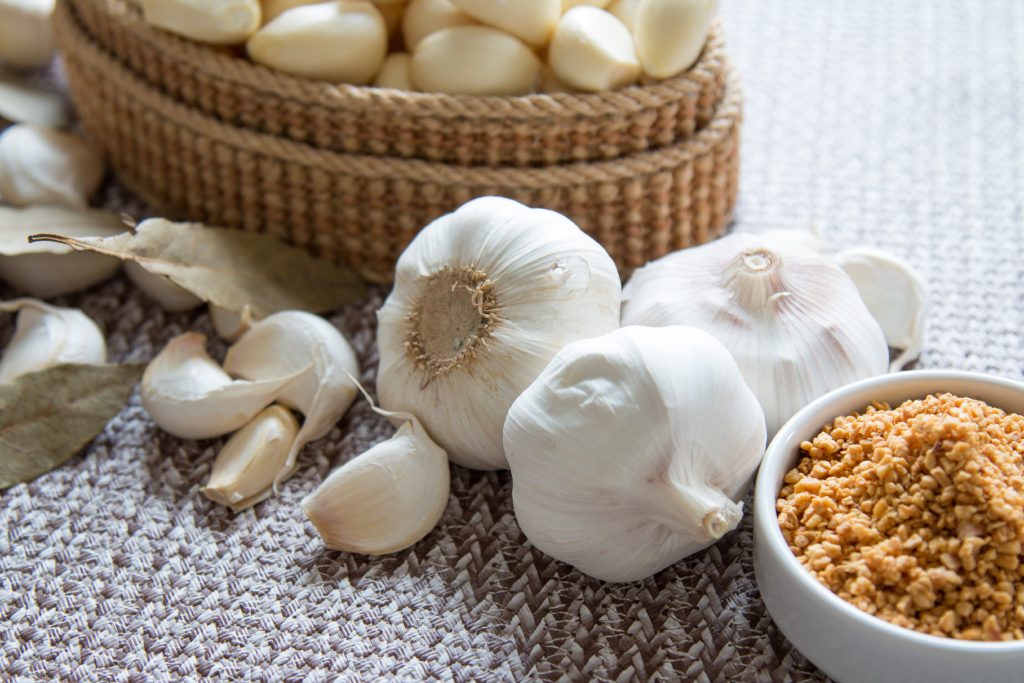
4. Garlic
Garlic is found in almost every kitchen in the world. It adds flavor to food and is essential for your health.
Ancient civilizations recognized its value in fighting infections. Garlic can also slow the hardening of the arteries, and there is some evidence that it helps lower blood pressure.
Garlic's immune-boosting properties appear to come from a high concentration of sulfur-containing compounds such as allicin.

5. Ginger
Ginger is another ingredient that many people turn to when they get sick. Ginger can help reduce inflammation and reduce sore throats. Ginger can also help with nausea.
Although used in many sweets and desserts, ginger is a bit hot because it contains gingerol, a relative of capsaicin.
Ginger can also reduce chronic pain and may even possess cholesterol-lowering properties.
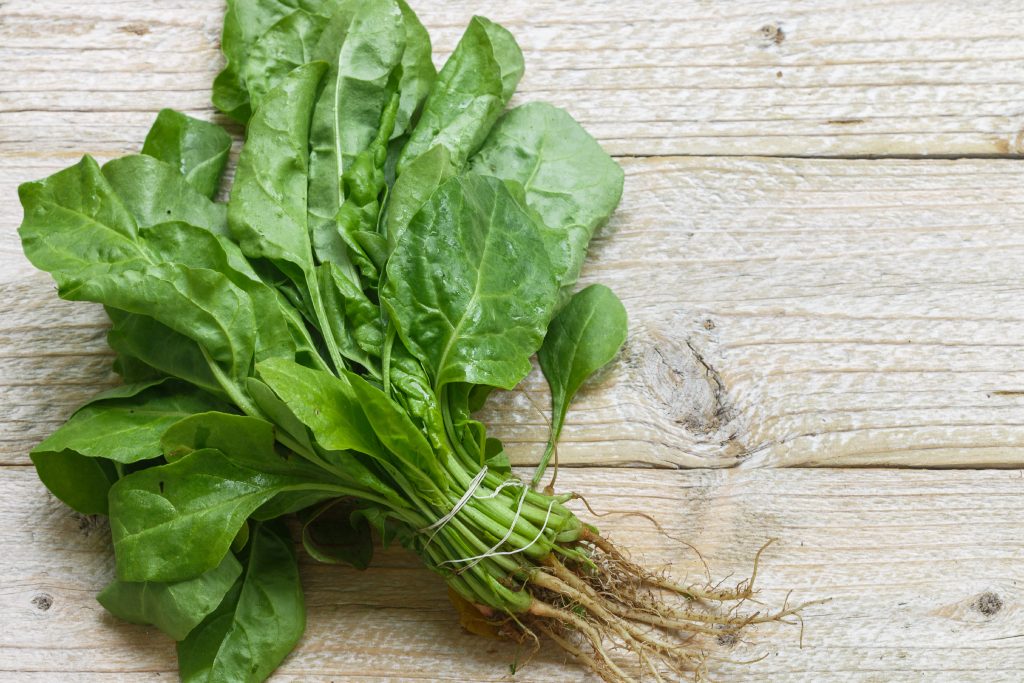
6. Spinach
Spinach made our list not only because it's rich in vitamin C, but it's also packed with lots of antioxidants and beta carotene, both of which can boost your ability to fight infection.
Similar to broccoli, spinach is healthiest when cooked as little as possible to preserve its nutrients. Also, light cooking facilitates the absorption of vitamin A and allows the release of other nutrients.
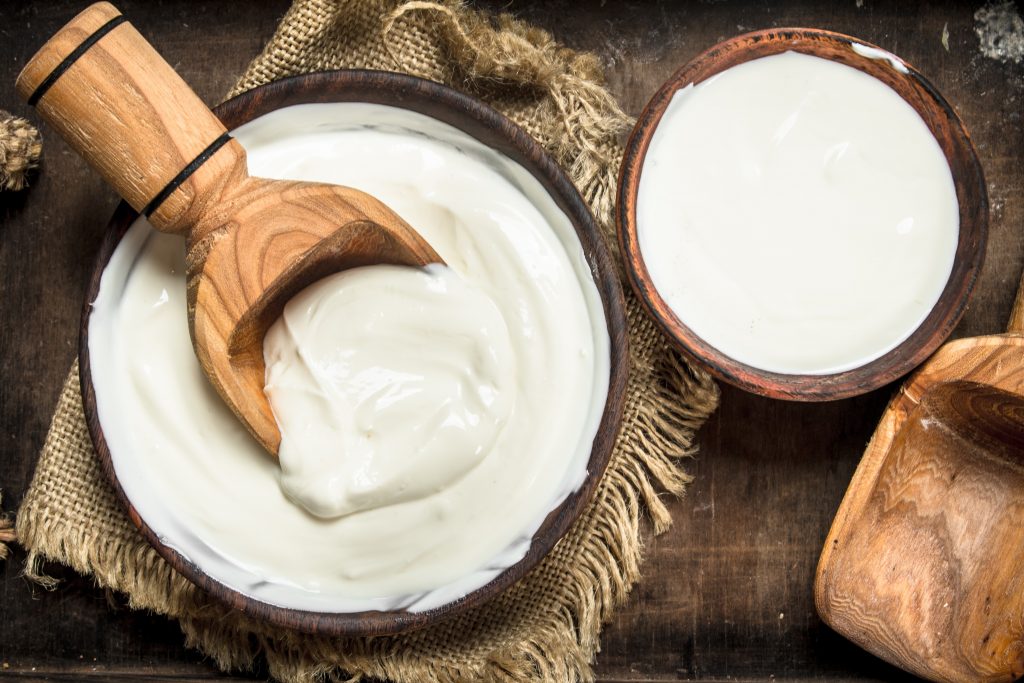
7. Yogurt
Look for yogurts that have the word "alive" printed on the label, such as Greek yogurt. These crops boost your immune system.
Try to get plain yogurts and not the ones that are flavored and full of sugar.Instead, you can sweeten your yogurt with healthy fruit and a little honey.
Yogurt can also be a great source of vitamin D, so try to choose brands fortified with this vitamin. Vitamin D helps regulate the immune system and is believed to strengthen our body's natural defenses against disease.
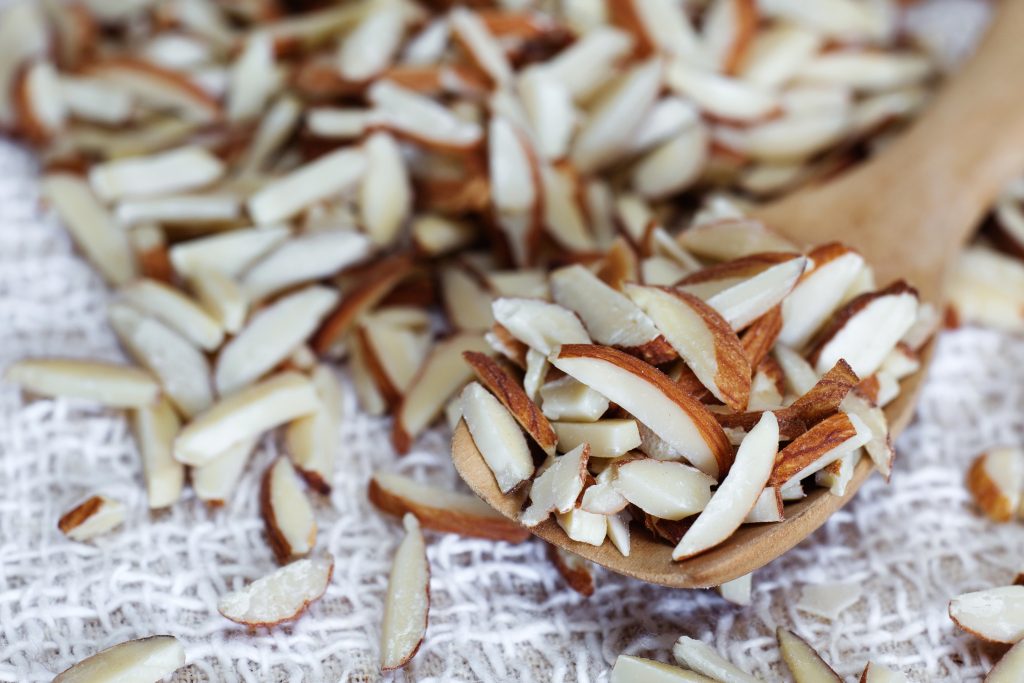
8. Almonds
When it comes to preventing and fighting colds, vitamin E tends to lose out to vitamin C.
However, this powerful antioxidant is key to a healthy immune system.
It is a fat-soluble vitamin, meaning it requires the presence of fat to be absorbed properly. Nuts, such as almonds, are packed with vitamins and also have good fats.
Adults only need about 15 mg of vitamin E each day. A half-cup serving of almonds, which is about 46 whole, shelled almonds, provides the recommended daily amount.

9. Sunflower seeds
Sunflower seeds are full of nutrients, including phosphorus, magnesium, and vitamins B6 and E.
Vitamin E is important for regulating and maintaining the function of the immune system. Other foods with high amounts of vitamin E are avocados and dark leafy greens.
Sunflower seeds are also incredibly high in selenium. A variety of studies, mostly conducted in animals, have examined its ability to fight viral infections such as swine flu (H1N1).
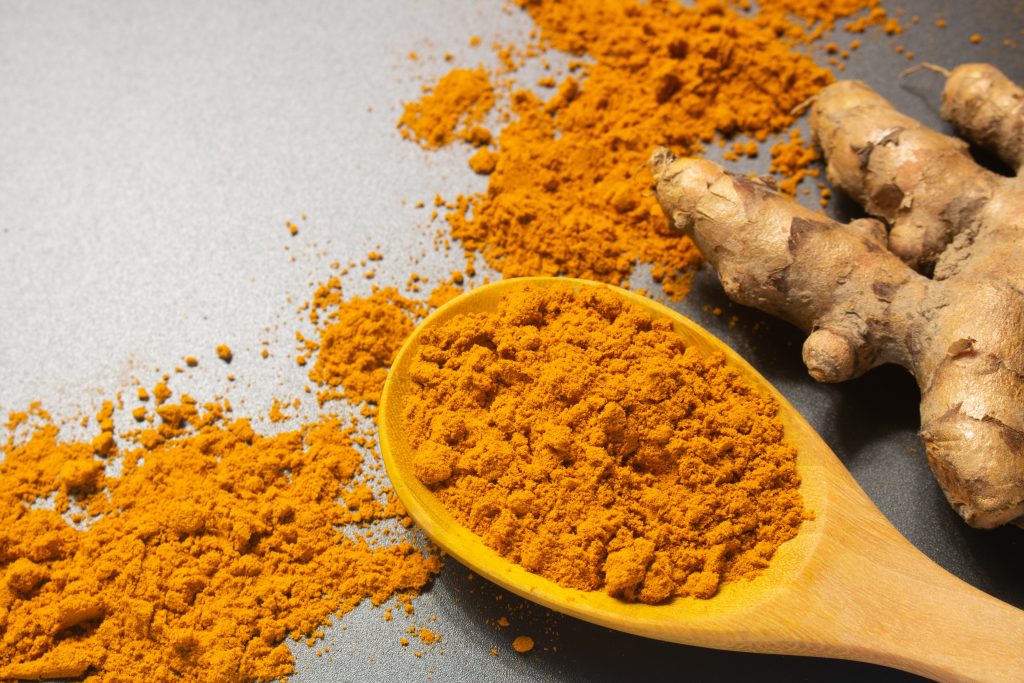
10. Turmeric
You may know turmeric as a key ingredient in many spice blends. But this bright yellow, bitter spice has been used for years as an anti-inflammatory to treat both osteoarthritis and rheumatoid arthritis.
Research shows that high concentrations of curcumin, which gives turmeric its distinctive color, can help reduce exercise-induced muscle damage. Curcumin is a promising immune booster (based on findings from animal studies) and antiviral. But more research is needed.
Do you have tips for dealing with seasonal flu and colds? Share them with us on Instagram or the Facebook με το @snoozemattress.gr ή το #SnoozeMattress.





